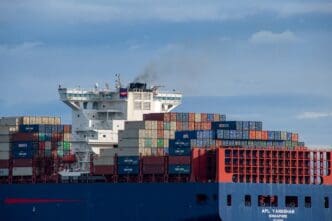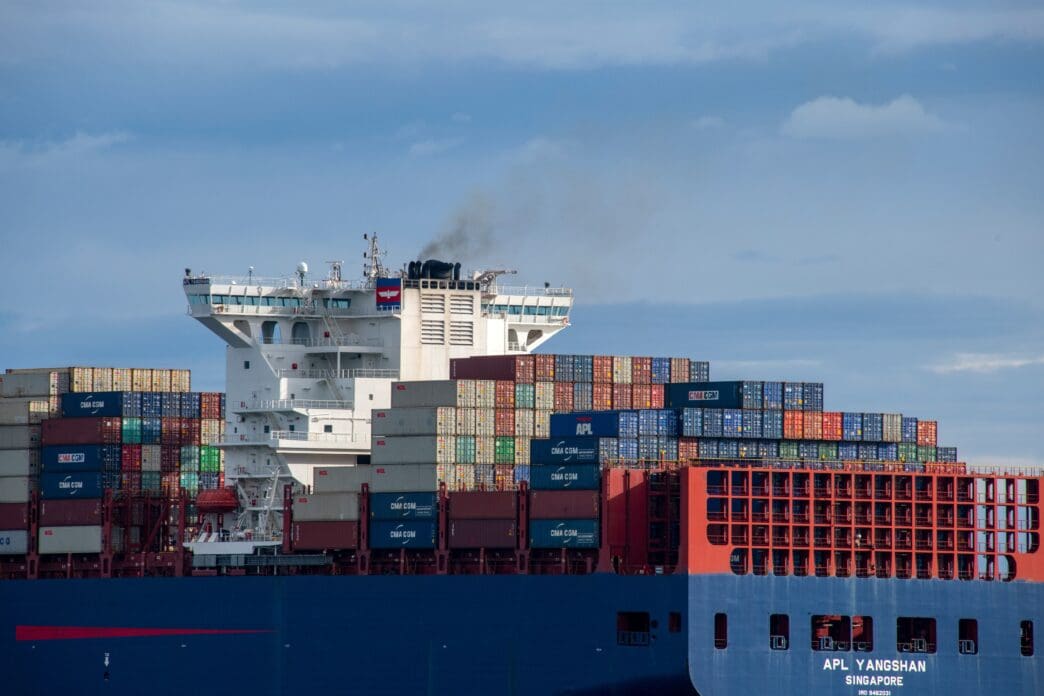Executive Summary
The Story So Far
Why This Matters
Who Thinks What?
Leaders from 21 Pacific Rim economies are convening this week in Gyeongju, South Korea, for the Asia-Pacific Economic Cooperation (APEC) forum, with meetings running from Monday through Saturday. The summit is expected to be dominated by discussions surrounding President Donald Trump’s global tariffs and ongoing trade disputes, particularly with China. President Trump is slated to arrive on Wednesday, though he will depart before the leaders’ summit officially concludes.
A key focus will be the anticipated first in-person meeting between President Trump and Chinese President Xi Jinping during Trump’s second term, as both nations aim to de-escalate trade tensions.
APEC Background and Agenda
Established in 1989, APEC comprises 21 member economies that collectively represent over 50% of global GDP and approximately 40% of the world’s population, totaling around 2.7 billion people. Major members include China, Russia, and the United States. In its initial decade, the APEC region was responsible for 70% of global economic growth.
The group’s primary objective is to foster cooperation and reduce barriers to trade and investment, though its decisions are non-binding and achieving consensus has become increasingly challenging. The annual leaders’ gathering last took place in November 2024 in Peru, where concerns about the incoming Trump administration’s protectionist trade policies and potential reversals on climate change were prominent.
South Korea, as this year’s host, intends to use the forum to address global supply chains, the World Trade Organization’s role in promoting a free and fair trade environment, and the advancement of the Free Trade Area of the Asia-Pacific (FTAAP), an agreement designed to eventually encompass all APEC members.
Additional agenda items include adapting to digital transformation, leveraging artificial intelligence, promoting sustainable energy practices, ensuring food security, responding to demographic shifts, and enhancing opportunities for women and people with disabilities.
Bilateral Engagements
South Korea is also hosting President Trump and President Xi for state visits, with hopes of advancing a bilateral trade deal with the United States. South Korean President Lee Jae Myung has suggested that President Trump consider using his visit to engage with North Korean leader Kim Jong Un, though the likelihood of such a meeting remains uncertain.
Key Takeaways
The APEC forum in Gyeongju serves as a critical platform for Pacific Rim leaders to address pressing economic challenges, particularly those stemming from U.S. trade policies. The potential meeting between President Trump and President Xi will be closely watched for any indications of progress in U.S.-China trade relations. South Korea is also using its host status to push for discussions on supply chains, global trade norms, and the FTAAP, alongside broader socio-economic issues.








